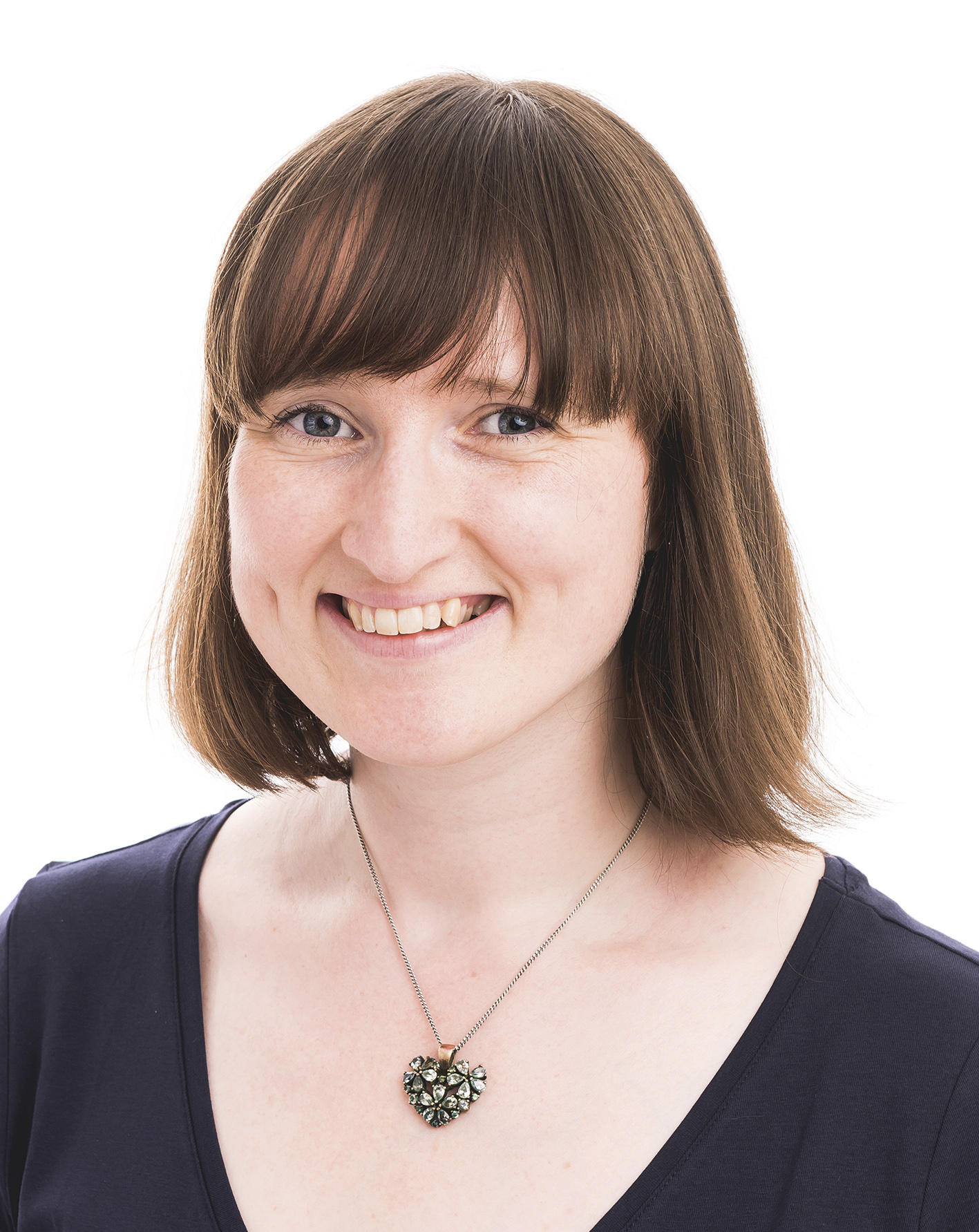Why did you decide to make your on-disc debut with Handel's Il pastor fido? I wanted to do something that hasn’t been recorded, but by Handel. It’s a musical language that we – La Nuova Musica – are quite well versed in. And I wanted to do an opera. They were the three major factors. I talked to the brilliant harpsichordist and musical director Laurence Cummings, who said there was no recording of the first version of Il pastor fido around, though the London Handel Festival had just put on the third version, which is completely different.
Handel revised this opera twice. You've chosen to do the first, 1712 version. How is it different from the others? The opera house had blown all its money on the production they’d done the year before, of Handel's Rinaldo. And so it needed to do something that was scaled down in terms of orchestral writing – there are a lot of wonderful continuo arias. It's a three-act piece, but it's short. Having said that, this is rare in having a six-movement overture. I think they must have paid the players to turn up at the beginning of the evening before they whizzed off to do something else.
As with many Baroque operas, the plot is a typically tangled and complicated love story. Can you give us a flavour of it? Handel turned to the age-old, beloved Arcadian world, which audiences of the time revelled in. There are five main protagnists. Amarilli and Silvio are betrothed. However, there’s a guy called Mirtillo who’s in love with Amarilli. But because Amarilli knows she’s betrothed to Silvio, she says to Mirtillo something like: 'I know you love me, and I love you. But to prove your devotion, you’re not allowed to declare your love to me. That’ll be the sign' – ridiculous, isn’t it!
There's also a decree each year that a virgin should be sacrificed to Diana and all unfaithful women will be killed. So, we’ve got those two pairs: Amarilli and Mirtillo, Amaralli and Silvio. There's also Dorinda who is desperately in love with Silvio, but he’s not interested in either Amarilli or Dorinda because he’s in love with the hunt, the chase – an Acardian ideal. The fifth protagonist is Eurilla, a filthy scheming witch who is vile, horrible. She concocts a cunning plan to portray Amarilli as unfaithful, so she will be killed. Then there's the denouement...
It is a chopped-about, fragmengted storyline, so you have to use your imagination for several moments and suspend disbelief. But if you can do that, you'll enjoy it. All the arias are short, which means they pack an emotional punch. The continuo arias for Mirtillo are just divine: beautiful and anguished.
How did you choose your soloists? Casting is important, and I wanted to make sure we had the right spread of voice types. Amarilli is an attractive herione type voice, which is soprano Lucy Crowe. Katherine Manley has this wonderful, bewitching character type voice, so she's playing the baddie, Eurilla. Anna Dennis is playing Mirtillo, a boy, which is a castrato soprano role. She has this voice that can be very feminine, but she can also colour it so it's androgynous. Dorinda is the older woman, so I wanted a rather deeper mezzo voice, so that's Madeleine Shaw.
What else have you got coming up? In June we have two brilliant projects. The first one is called 'Sacrifice', which we're doing at the Spitalfields Festival on 14 & 15 June. It's a slightly off-the-wall project focusing on two early oratorios: Carissimi's Jephte and Charpentier's Sacrificium Abrahae. They're both about sacrifice, a daughter and son, respectively. It's going to be an interesting piece about faith and ritual, what it is it to sacrifice. It's directed by Andrew Staples, who is a briliant tenor in his own right but also branching out as a director.
We'll record this programme in October for Harmonia Mundi, as our third disc. We've just recorded our second disc, which is two settings of Dixit Dominus, the great one by Handel, and a recent Vivaldi discovery in 2005, originally attributed to Galuppi. And a soprano cantata with Lucy Crowe, Vivaldi's In furore iustissimae, with war-like, blood-curdling texts. The second project in June is Monteverdi's Orfeo in Kings Place. It's going to be our first Orfeo – the first opera that people really know well. We can't wait, it's going to be good.
La Nuova Musica's recording of Handel's Il pastor fido (Harmonia Mundi HMU 907585.86) is out now and reviewed in the April issue of BBC Music Magazine
